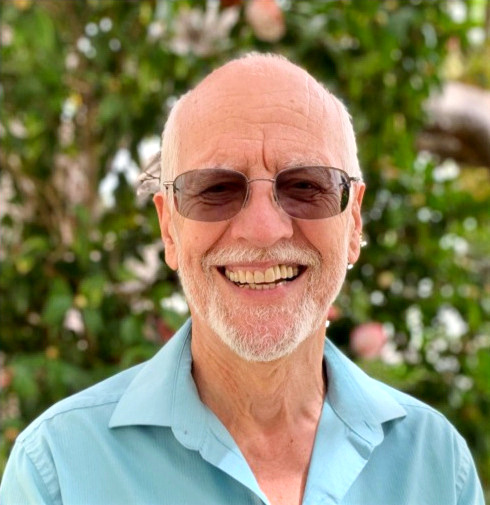Normal & Perfect (Wisdom of the 12-Steps)
- Connard Hogan

- Feb 24, 2022
- 3 min read
Updated: Aug 26, 2022
Bottom line: Let go of negative and unhelpful self-judgment.

I’m not talking about judgements about inappropriate behavior here. I’m talking about the nah, nah, nah and the unreasonable expectations we carry in our heads. I'm talking about the quality of our esteem of self and others.
As a treatment staff member in an adult drug/alcohol residential treatment facility some years ago, I often heard clients say they wanted to be normal, meaning like normal people. I usually responded that normal wasn’t what it's cracked up to be, and they should stay focused on healing themselves and avoid comparing themselves to others. I understood the majority of the general population likely considered themselves normal. But I knew humans aren’t perfect. I knew perfection is an ideal, a concept . . . an illusion. I knew full well the idea of normal was some vague notion of the general collective other, an imagined average of their characteristics, a construct we create in our heads.
Take heart. We’re all fallible humans, warts and all, dealing with life as it unfolds in its unpredictable way, which is beyond our control. We’re left to react to multiple events as best we can, while learning as we go. And that’s okay.
Just as some of us fall into the trap of striving to be normal, that ideal that lives in our heads, we should let go of the notion of achieving perfection.
British pediatrician and psychoanalyst D. W. Winnicott termed the phrase “good enough mother” in his famous book Playing and Reality. His point being that no mother, nor caregiver or father I’ll add, needs to be, nor likely can be, perfect for their child. And who can determine what is perfect over time, much less in a given moment. It’s a cumulative, on-going process. As long as the mother, or any caregiver, exhibits compassion, caring, empathy, and, most importantly, what we call unconditional love, the child can adapt, experience and learn to deal with challenges in a healthy manner. As well, the growing child needs to face some difficulties to properly develop into a cooperative, socially appropriate individual.
Our collective and individual hope, of course, resides in the fact that we humans are malleable, flexible, and adaptive. We are capable of adjusting, improving, forgiving, and, most importantly, achieving redemption. If the mother can’t provide what’s good enough, then other caregivers, a father, a grandparent, an aunt or uncle . . . or any number of members of the extended family, may be able to fill in the gaps. In a real sense, if a family can be defined as dysfunctional, not all of its members are dysfunctional to the same degree, nor all the time in their interaction to every other member.
Our challenge should be to do the best we can, be willing to fail and learn, be open to communicate, reach out for help, and willing to rely on others. Over time our connections to others will sustain us and allow opportunity to unload our individual burdens by sharing our secrets and expressing ourselves honestly without judgement.
If you don’t have friends or family you with whom you can do that, Twelve-Step meetings are a safe place. So is counseling/therapy. Years ago, I reached out when suicidal thoughts threatened to consume me in undergraduate school.
So, reach out and connect with others. Unburden yourself of your secrets. Learn to trust others. Drop the public mask you hide behind and let down your walls. Learn to love, accept yourself in spite of your warts and imperfections. There are others out there that not only can relate, but who are willing to listen.
I leave you with this: “You don’t need to save me, you just need to hold my hand while I save myself.” Attribution Unknown
Photo Credit - wallpaperaccess.com



Comments